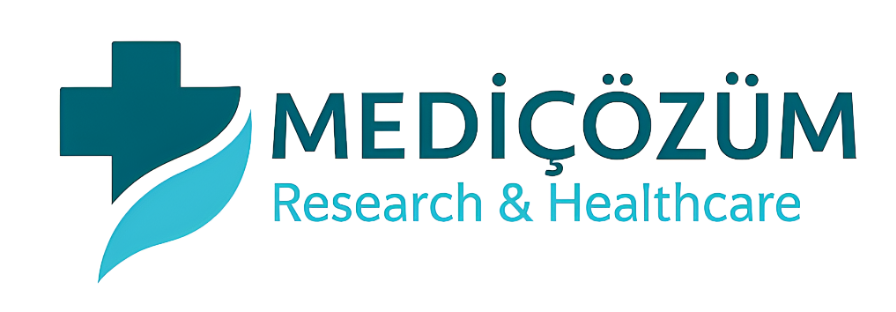A Prospective Study on Association of Social Anxiety in Patients Suffering from Various Clinical Presentations of Acne Vulgaris
DOI:
https://doi.org/10.21276/rvbwbb60Keywords:
Acne vulgaris, Social anxiety, Psychiatric disordersAbstract
Background: Acne vulgaris is a common illness of adolescence. During adolescence, the importance of body image and the cosmetic problems that this illness may cause, it is important that the level of social anxiety should be studied in acne patients.
Methods: 100 acne vulgaris cases were included in this study. This study conducted in the department of Psychiatry in Ananta Institute of Medical Sciences and Research Centre. The duration of study over a period of six month.
Results: This study showed that amongst acne patients having social anxiety majority had acne lesions localized on face (36,7%), almost all had clinically very severe (100%) acne and none of them subjectively perceived their acne lesions as mild.
Conclusions: This study concludes that, clinician's evaluation is objective and more precise and valuable, but the self-perception of a patient has a greater effect on his/her psychological condition.
Downloads
References
Folks DG, Warnock JK (2001) Psychocutaneous disorders. Curr Psychiatry Raep. 3(3):219-25.
Gupta MA, Gupta AK (2003) Psychiatric and psychological comorbidity in patients with dermatologic disorders: epidemiology and management. Am J Clin Dermatol, 4(12): 833-42.
Rubinow DR, Peck GL, Squillace K et al (1987) Reduced anxiety and depression in cystic acne patients after successful treatment with oral isotretinoin. J Am Acad Dermatol, 17:25-32.
Barankin B, DeKoven J (2002) Psychosocial effect of common skin diseases. Can Fam Physician, 48: 712-6.
Aktan S, Özmen E, Sanlı B (2000) Anxiety, depression and nature of acne vulgaris in adolescents. International Journal of Dermatology 39: 354-357.
Hanna S, Sharma j, Klotz J (2003) Acne vulgaris: more than skin deep. Dermatol Online J, 9(3): 8.
Koo JY, Smith LL (1991) Psychologic aspects of acne. Pediatr Dermatol 8(3):185-8.
Van der Meeren HLM, van der Meeren WW, van der Hurk CMAM (1985) The psychological impact of severe acne. Cutis 36(1):84-6.
Yarpuz AY, Saadet ED, Sanli HE, Ozguven DH. Social anxiety level in acne vulgaris patients and its relationship to clinical variables. Turk Psikiyatri Dergisi 2008; 19: 29-37.
Ritvo E, Rosso JQD, Stillman MA, Riche CL. Psychsocial judgements and perceptions of adolescents with acne vulgaris: A blinded, controlled comparision of adult and peer evaluations. Bio Psycho Soc Med 2011; 5:11.
Korczak D. The psychological status of acne patients. Personality structure and physician-patient relations. Fortschr Med. 1989 ; 107:309–13.
Gupta MA, Gupta AK, Schork NJ. Psychiatric aspects of the treatment of mild to moderate facial acne. Int J Dermatol 1990; 29: 719-721.
Kellet SC, Gawkroger DJ. The psychological and emotional impact of acne and the effect of treatment with isotretinoin. Brit J Dermatol 1999; 140: 272-282.

Downloads
Published
Issue
Section
License
Copyright (c) 2024 International Archives of BioMedical and Clinical Research

This work is licensed under a Creative Commons Attribution-NonCommercial 4.0 International License.
Authors are required to sign and submit the completed “Copyright transfer Form” upon acceptance of publication of the paper. This is determined by a publishing agreement between the author and International Archives of Biomedical and Clinical Research. These rights might include the right to publish, communicate and distribute online. Author(s) retain the copyright of their work. International Archives of Biomedical and Clinical Research supports the need for authors to share, disseminate and maximize the impact of their research.












